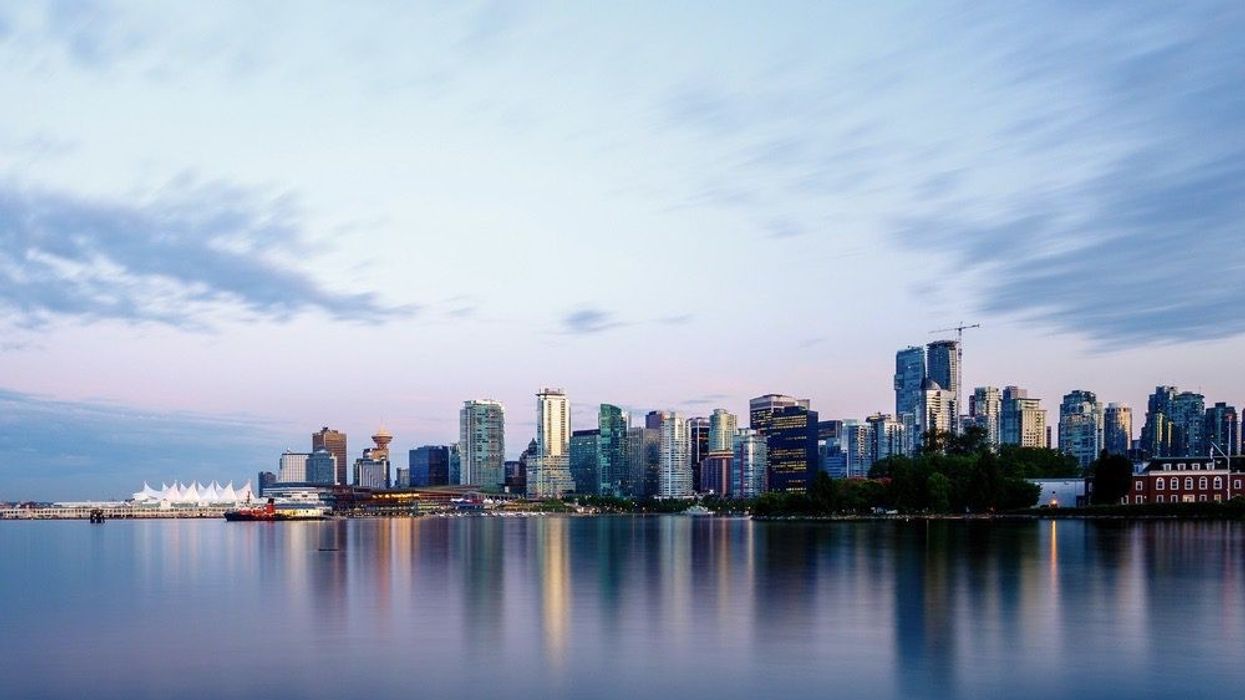The Metro Vancouver housing market appears to be entering a new phase, at least according to recent data from the Real Estate Board of Greater Vancouver (REBGV).
The numbers from July 2022 indicate that home prices across the Metro Vancouver region are dropping, a reflection of the fact that buyer demand has dipped just as housing supply is rising.
Home prices for all residential property types across Metro Vancouver fell a total of 2.3% from June to July, with a benchmark price of $1,207,400. Zooming out, home prices in the greater Lower Mainland dropped 2.6%, with a slightly lower $1,201,400 benchmark price.
That decline is not entirely new, however, as both Metro Vancouver and Lower Mainland prices have seen a net decrease in the past three months as well. Though present activity in no way reflects the consistent trend found in recent history, as prices across the board have risen steadily for years.
Regional Market Trends
The area that saw the biggest drop from June to July was Tsawwassen, which saw a 4.8% decline in prices. Second was the Burnaby South area, which dropped by 4.2%. Residential prices in Burnaby South have dropped 7.2% in the past three months, the fourth highest drop in Metro Vancouver.
From June to July, prices dropped in every area, with Port Moody (1.0%), Squamish (0.9%), and Whistler (0.8%) seeing the smallest declines. While Squamish and Whistler did see a one-month decline, home prices across the past three months still earned a net increase. In fact, these are the only two areas in Metro Vancouver that haven't experienced a net decrease in the past three months.
On a six-month timeframe, almost all areas of Metro Vancouver still saw a net increase in prices, save for five: Burnaby South (-0.3%), Ladner (-0.5%), Maple Ridge (-2.1%), Pitt Meadows (-2.1%), and Vancouver West (-2.3%).
In terms of regional benchmark prices, West Vancouver still holds the highest number, with a benchmark price at $2,809,500, nearly 74% higher than the next highest, Bowen Island, which had a benchmark price of $1,619,000, and more than double the $1,207,400 benchmark price of Metro Vancouver.
The lowest benchmark price belonged to New Westminster, at $834,200. Only New Westminster, the Sunshine Coast ($920,400), Port Coquitlam ($946,100), and Pitt Meadows ($955,500) had benchmark prices below $1 million.
Property Type Trends
In terms of property types, prices for single-family detached homes declined across all Metro Vancouver regions, a total of about 2.8%. That decline extends out to the past three months as well, with the only exception again being Squamish and Whistler, which still saw a net increase of 1.1% and 2.0% respectively.
The benchmark price for single-family detached homes in Metro Vancouver was $2,000,600, with the highest region being West Vancouver at $3,381,800 and the lowest being the Sunshine Coast at $997,000.
For townhouses, prices declined 1.7% from June to July in all regions except for five: Whistler, the Sunshine Coast, Port Moody, Squamish, and Burnaby East. In the last three months, however, all regions except for Burnaby East saw a decrease.
Townhouse benchmark prices saw a smaller gap between the most and least expensive regions. Whistler had the highest benchmark price at $1,536,400, while the Sunshine Coast had the lowest at $773,700. Overall in Metro Vancouver, the benchmark price was $1,096,500.
Prices for apartments also declined in all regions from June to July. The only exception was in Vancouver East, which saw a small increase of 0.5%. In the last three months, only Squamish (6.4%), the Sunshine Coast (7.2%), and Whistler (8.0) held the increases gained in the past year.
Only West Vancouver had an apartment benchmark price in July over $1 million, at $1,243,300. The next highest was Vancouver West, at $844,300, and the lowest was Maple Ridge, at $558,300.
“After two years of market conditions that favoured home sellers, home buyers now have more selection to choose from and more time to make their decision", REBGV Chair Daniel John said. “Home buyers are exercising more caution in today’s market in response to rising interest rates and inflationary concerns. This allowed the selection of homes for sale to increase and prices to edge down in the region over the last three months.”
After years and years of prices increasing, giving Vancouver's real estate market a notorious reputation, it looks prices are finally on their way down. Only time will tell if that's a trend that continues.





















